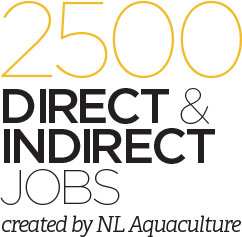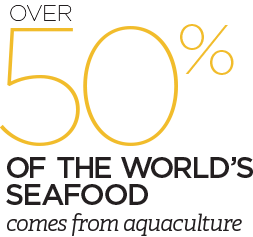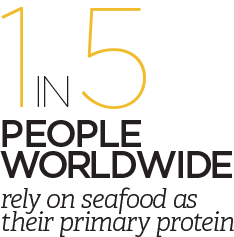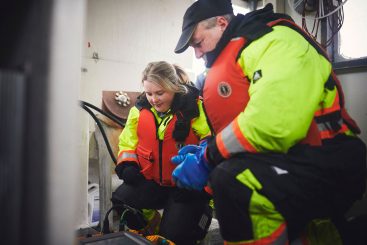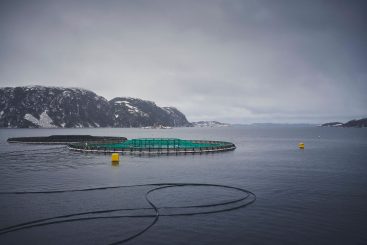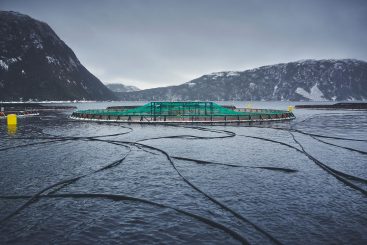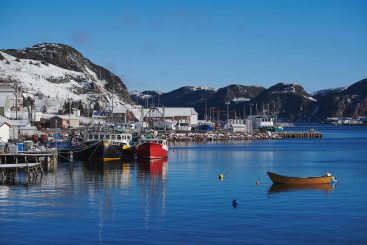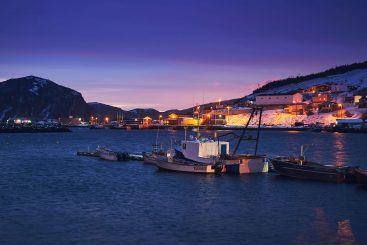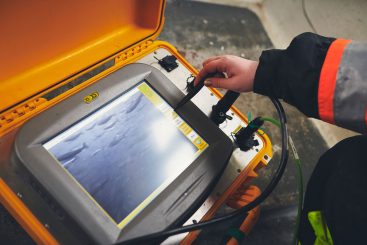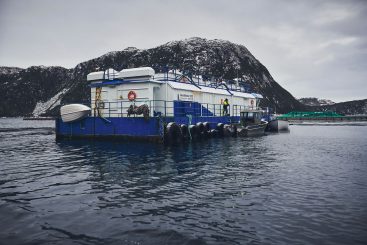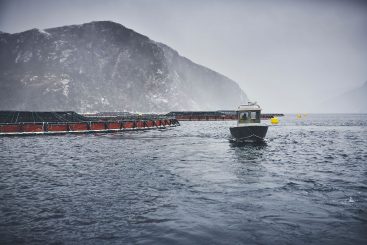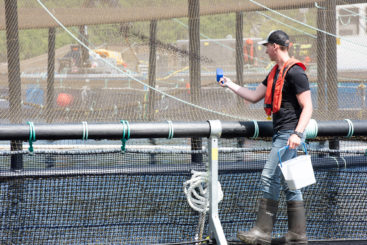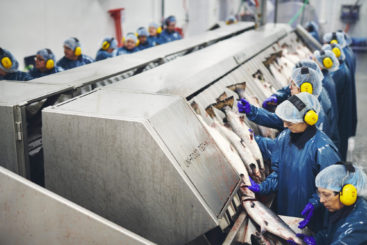More people than ever are eating seafood today and that demand is only growing. Luckily, Newfoundland and Labrador is well-positioned to meet that demand.
Atlantic salmon is high in protein and omega-3 fatty acids, low in saturated fats, and loaded with vitamins D and E. It helps prevent and slow the development of heart disease, boosts brain function… and it just so happens to be delicious too.
Despite some misconceptions, no dyes, chemicals, or growth hormones are added to the diet of farmed salmon and they are not genetically modified. Plus, antibiotic use on salmon farms is far lower than any other agricultural animal-producing industry.
In fact, farmed salmon have all of the same health benefits as wild salmon but have the added benefit of being available fresh year-round. And Newfoundland mussels are 100% natural and the first to be certified organic in North America. Dig in.
We produce Atlantic salmon, steelhead trout, blue mussels and oysters.
Click here to learn more

